“Exchange rate storm temporary”
The dinar exchange rate fluctuations are not threatening the stability of prices or planned inflation, outgoing central bank (NBS) chief Radovan Jelašić says.
Thursday, 20.05.2010.
11:40

The dinar exchange rate fluctuations are not threatening the stability of prices or planned inflation, outgoing central bank (NBS) chief Radovan Jelasic says. Although Jelasic told B92 in Belgrade this Thursday that he was worried about the new drop in the Serbian dinar (RSD) value, he added the disturbance was temprary. “Exchange rate storm temporary” He said that he could not specify where the limit of the drop in the dinar was, and that “alarms would ring” at the NBS if the rate jeopardizes the stability of prices. The central bank did not intervene at the foreign exchange interbank market yesterday , while on Thursday, the official mean exchange rate is RSD 101.71 for one euro. The NBS intervened twice with a total of EUR 140mn from foreign exchange reserves in the past several days. The protection of the dinar exchange rate is aimed at preventing a drastic fall in the value of the domestic currency, rather than an attempt to fix the rate, Jelasic explained. “The reason why we came out to the market is because we saw that the daily fluctuations were too big, which can of course jeopardize the functioning of the foreign exchange market. We want the market to function smoothly between the banks, exchange offices to sell, banks to sell and buy and that’s why we went out to the market, not in order to say that the rate must be RSD 100 or 101 for one euro,” the exiting central bank governor stated. He stated that the reasons for the latest drop in the value of the dinar were in the sinking of the euro against the dollar, as well as the desire of some foreign investors to withdraw from the market, along with the EUR 750mn payment deficit which was recorded in the first quarter – two times higher than the inflow of money from abroad. “Banks have a significant amount of dinars at their disposal, however, they’re buying and selling for their clients, there's much talk about speculators, but those speculators who went in at the exchange rate of RSD 80 for one euro and now they’re coming out at the rate of RSD 102, 103 are not very smart. What is this about? They probably said, when they came in, we have to get out when the value is 100 dinars. The exchange rate is there now and they’re automatically selling, and when they withdraw, we of course still have the foreign exchange reserves,” Jelasic was quoted. The governor advised the citizens to take out loans in dinars instead of the euro-indexed variety. As for savings, Jelasic said that people should continue to save in the domestic currency. Jelasic believes that the “exchange rate storm” will calm down and that his successor will not face more problems than he did. Still, he warned that a lack of foreign investment could affect the drop in the value of the dinar, as well as any increase in salaries and pensions which would not be based on the country’s economic activity growth. Radovan Jelasic (Beta, file)
“Exchange rate storm temporary”
He said that he could not specify where the limit of the drop in the dinar was, and that “alarms would ring” at the NBS if the rate jeopardizes the stability of prices.The central bank did not intervene at the foreign exchange interbank market yesterday , while on Thursday, the official mean exchange rate is RSD 101.71 for one euro.
The NBS intervened twice with a total of EUR 140mn from foreign exchange reserves in the past several days.
The protection of the dinar exchange rate is aimed at preventing a drastic fall in the value of the domestic currency, rather than an attempt to fix the rate, Jelašić explained.
“The reason why we came out to the market is because we saw that the daily fluctuations were too big, which can of course jeopardize the functioning of the foreign exchange market. We want the market to function smoothly between the banks, exchange offices to sell, banks to sell and buy and that’s why we went out to the market, not in order to say that the rate must be RSD 100 or 101 for one euro,” the exiting central bank governor stated.
He stated that the reasons for the latest drop in the value of the dinar were in the sinking of the euro against the dollar, as well as the desire of some foreign investors to withdraw from the market, along with the EUR 750mn payment deficit which was recorded in the first quarter – two times higher than the inflow of money from abroad.
“Banks have a significant amount of dinars at their disposal, however, they’re buying and selling for their clients, there's much talk about speculators, but those speculators who went in at the exchange rate of RSD 80 for one euro and now they’re coming out at the rate of RSD 102, 103 are not very smart. What is this about? They probably said, when they came in, we have to get out when the value is 100 dinars. The exchange rate is there now and they’re automatically selling, and when they withdraw, we of course still have the foreign exchange reserves,” Jelašić was quoted.
The governor advised the citizens to take out loans in dinars instead of the euro-indexed variety. As for savings, Jelašić said that people should continue to save in the domestic currency.
Jelašić believes that the “exchange rate storm” will calm down and that his successor will not face more problems than he did.
Still, he warned that a lack of foreign investment could affect the drop in the value of the dinar, as well as any increase in salaries and pensions which would not be based on the country’s economic activity growth.


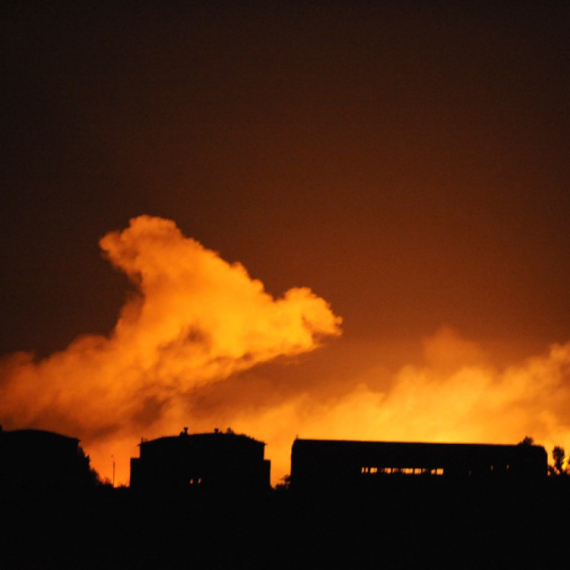

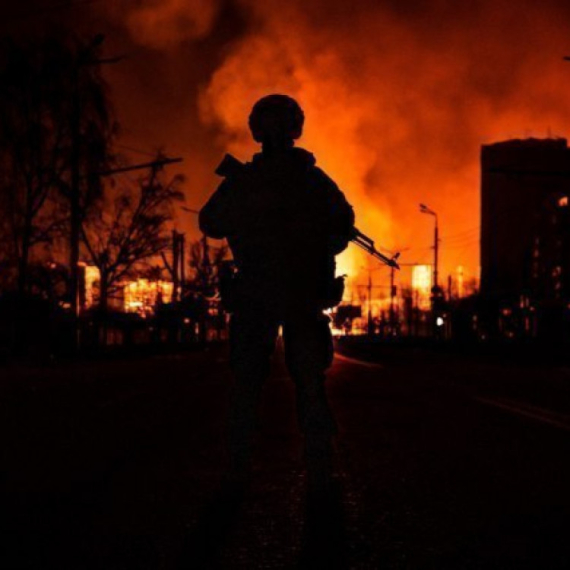
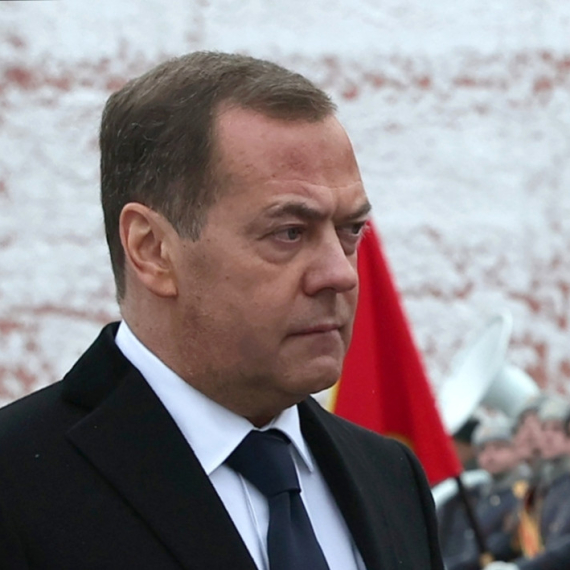








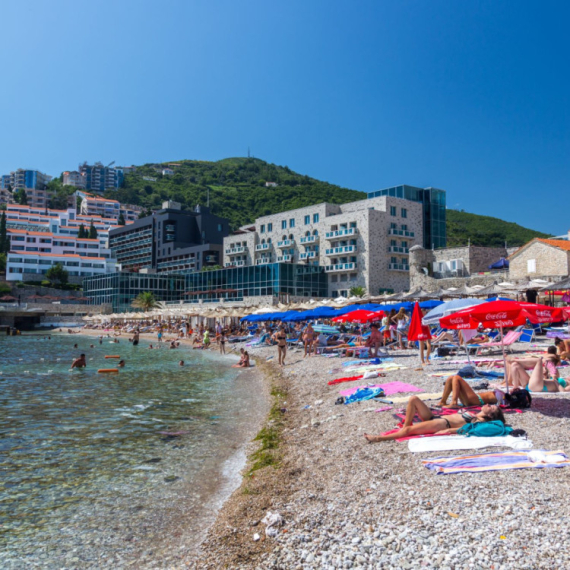
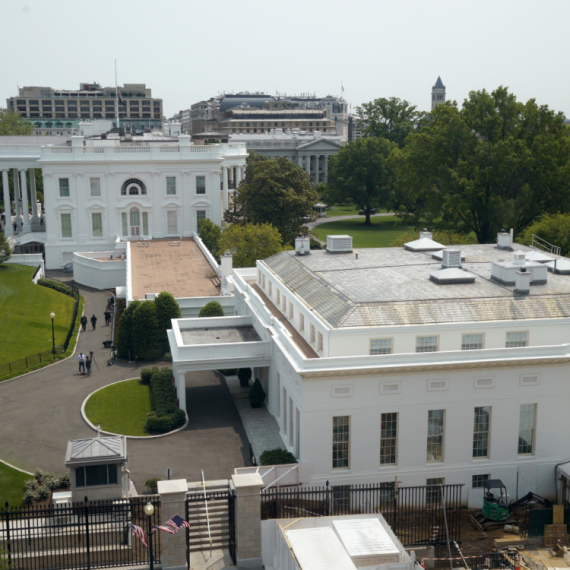
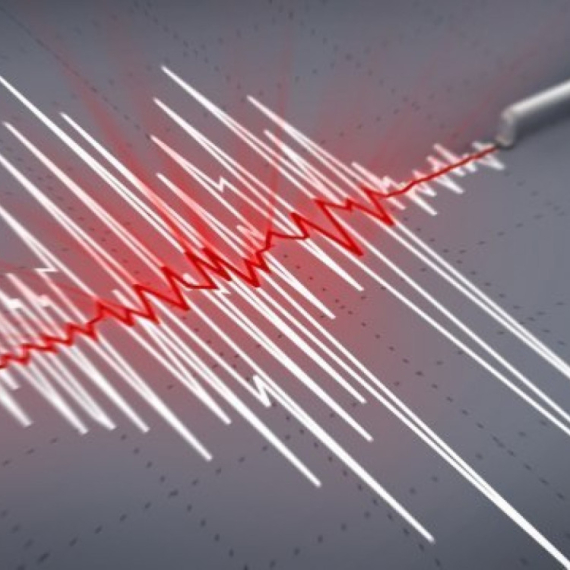

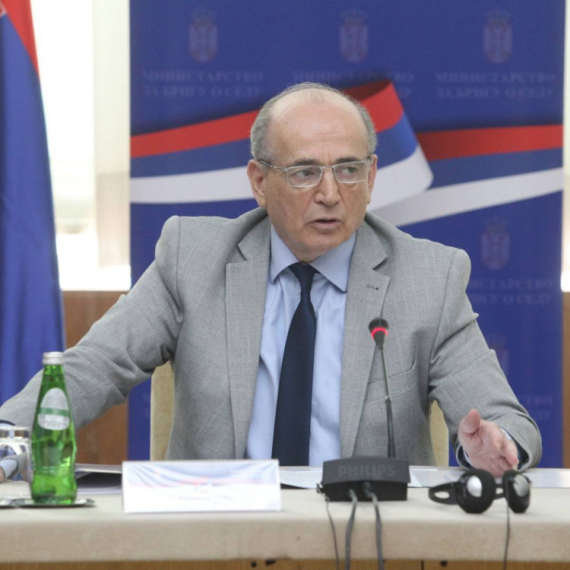

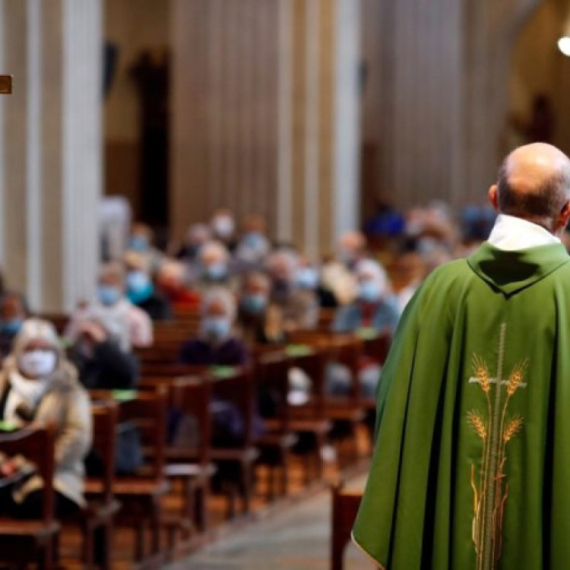








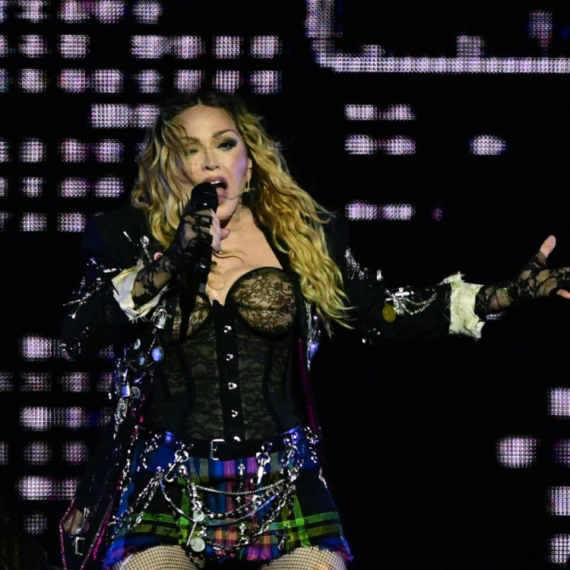










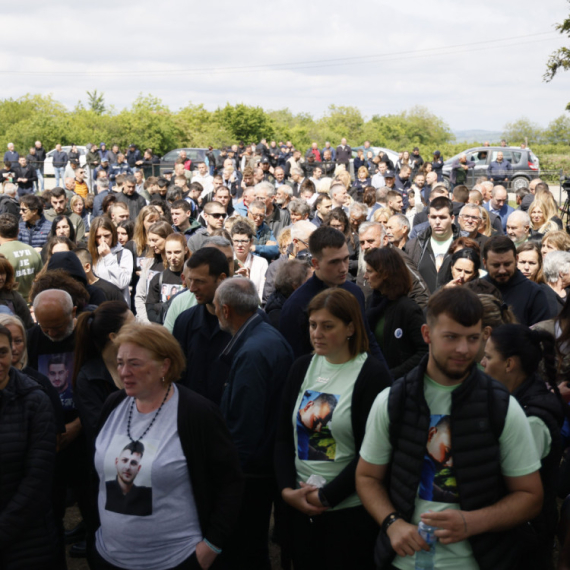
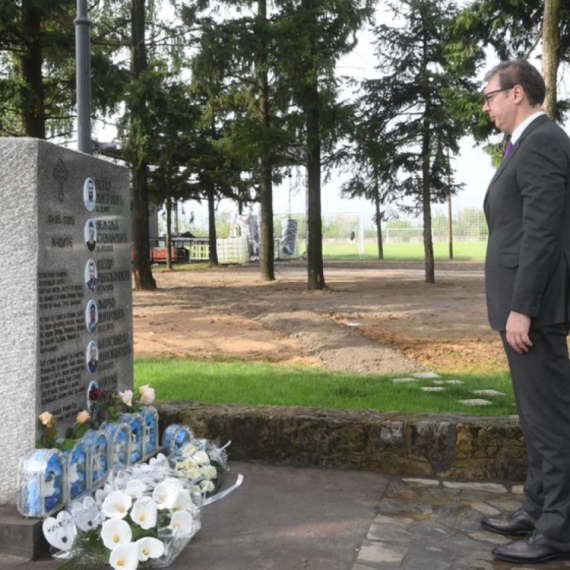

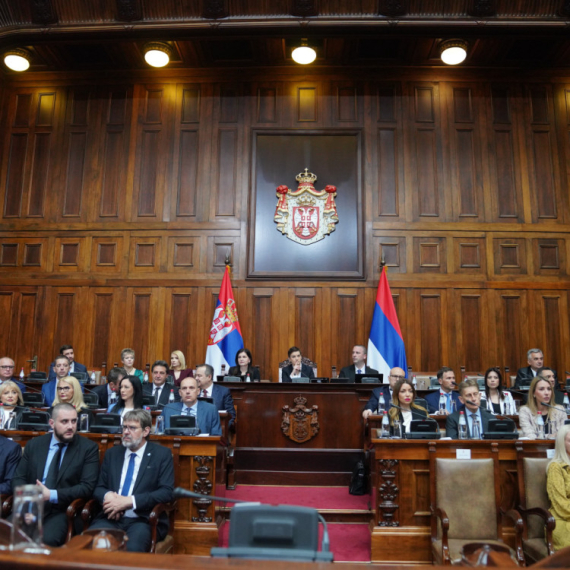



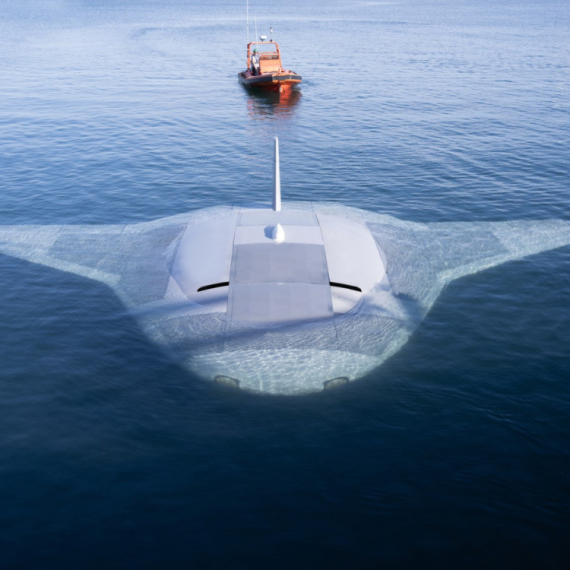








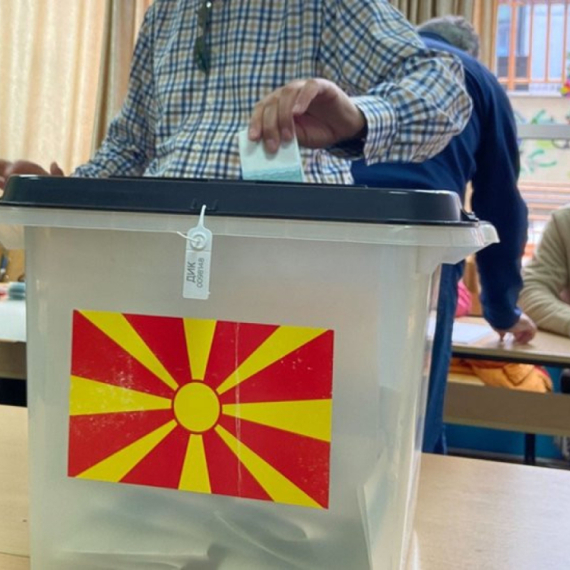



Komentari 0